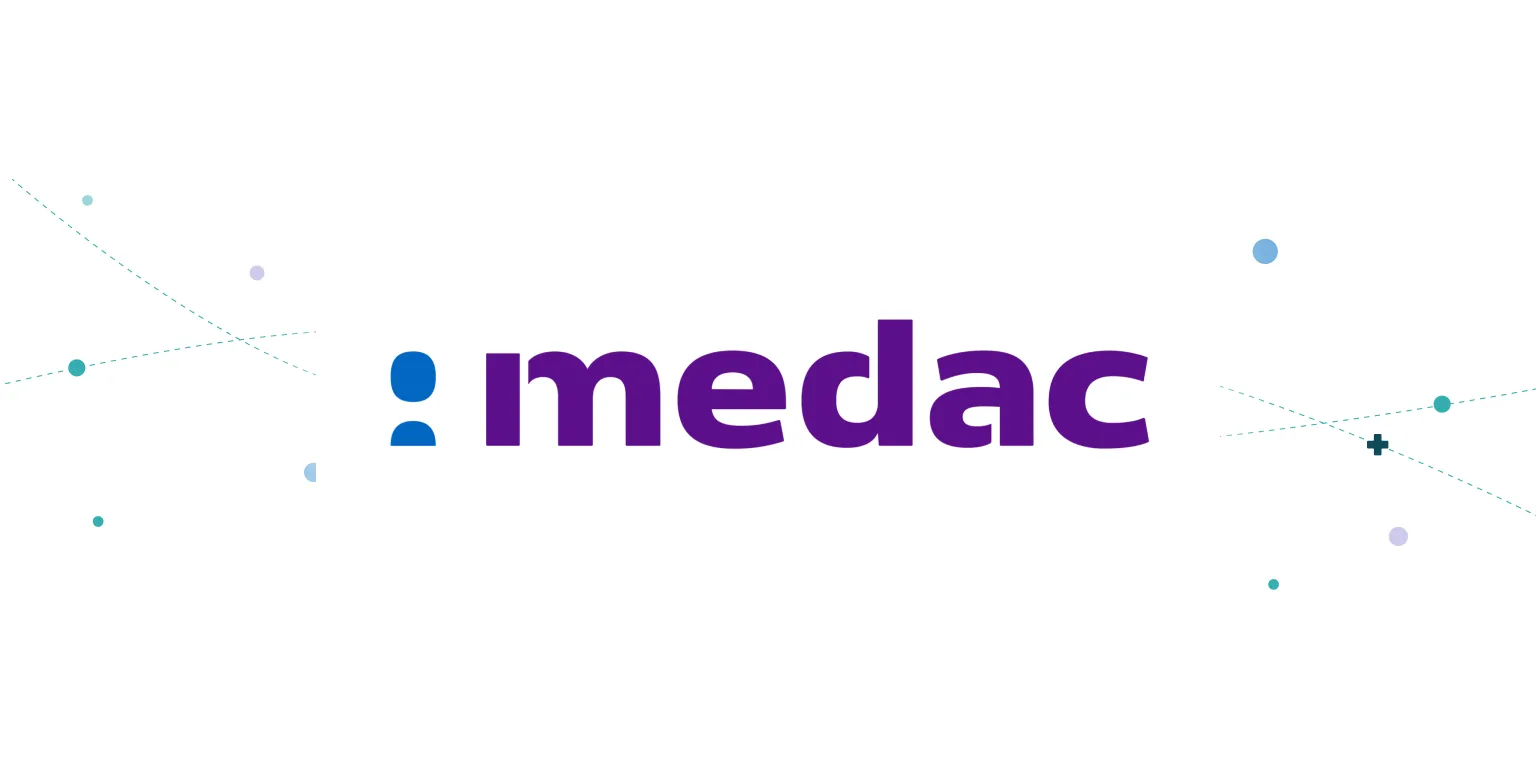Wir verbinden Patienten, Experten und Pharma für ein besseres Leben
Wir ermöglichen es allen Pharma- und Medizinprodukteherstellern unter Einbindung von Experten, jedem Patienten die beste digitale Produkt- oder Behandlungsbegleitung zu bieten.
Patienten fordern und brauchen eine bessere Unterstützung bei der Behandlung
Patienten verlangen zunehmend bessere Informationen und kontinuierliche Unterstützung bei der Behandung und wünschen sich Einblicke von anderen Patienten.
Wenn sie das nicht bekommen, wenden sie sich an Dr. Google und soziale Foren.
70%
möchten sich mit anderen Patienten vergleichen ohne Falschaussagen
50%
suchen mindesten einmal die Woche nach Gesundheitsinformationen online
40%
haben Informationsdefizite, wenn es um die eigene Behandlung geht
40%
suchen nach alternativen Behandlungs-möglichkeitendurch mangelndes Vertrauen
Unsere ImpactMonitorTM-Plattform wurde entwickelt, um Patienten mit Experten und Pharma zu verbinden
Unsere ImpactMonitorTM-Plattform verbindet als One-Stop-Shop alle Pharma- und Medizinproduktehersteller mit ihren Patienten unter Einbindung von Experten - für eine erstklassige digitale Behandlungsunterstützung jedes Patienten.Unsere ImpactMonitor
Erwarten Sie besser informierte, loyale und adhärente Patienten mit besseren Behandlungsergebnissen.
Bei uns steht der Patient wirklich im Mittelpunkt
Publizieren Sie Inhalte als Experte in Ihrem Bereich
Bieten Sie Aufklärungsinhalte über Krankheiten und Behandlungen an und werden Sie zu einem vertrauenswürdigen Experten
Stellen Sie digitale Produkt- und Behandlungsbegleitung bereit
Bieten Sie einfach digitale Produkt- oder Behandlungsbegleiter für Ihr gesamtes Portfolio an
Erhalten Sie Zugang zu realen Patientenerkenntnissen
Gewinnen Sie Einblicke in standardisierte und spezifische von Patienten berichtete Ergebnisse zu Erkrankungen, Behandlungen, und Produkten.
Digitalisieren Sie Ihre Pharmakovigilanz
Erfassen, verarbeiten und verfolgen Sie automatisch und nutzerfreundlich die Berichte Ihrer Patienten über Nebenwirkungen von Produkten.
Der weltweit einzigartige One-Stop-Shop für jede Produkt- und Behandlungs-Unterstützung
In Europa gibt es mehr als 200.000 Arzneimittel und 30.000 Krankheiten. Brauchen wir deswegen für jedes Produkt und jede Therapie eine neue App? Ganz sicher nicht. Die meisten werden heute schon nicht genutzt.
Deshalb haben wir die ImpactMonitorTM-Plattform entwickelt: ein One-Stop-Shop, der alle Pharma- und Medizinproduktehersteller vereint, um allen Patienten eine digitale Produkt- oder Behandlungsbegleitung unter Einbindung von Experten zu bieten.
Neben dem allgemeinen Bereich - MedWatcherTM - den wir zusammen mit führenden Forschungsinstituten wie der Charité verantworten, erhält jeder Pharma- und Medizinproduktehersteller seine eigenen Produktbereiche. Ganz einfach zugänglich, ohne Aufwand, aus einer einzelnen Anwendung heraus.

MedWatcherTM
Zur Bereitstellung allgemeiner indikationsbezogener Inhalte und zur Erfassung standardisierter Patientenerfahrungen

ImactMonitorTM
Plattform

Produktbereiche
Für OTC, RX und MP, um Patienten eigenständig bei der Produkt- und Therapieanwendung digital zu unterstützen

Die Vorteile der Plattform im Vergleich zu einer einzelnen App
Es ist bereits alles entwickelt, was Ihre Patienten brauchen. Sparen Sie 90% Ihrer Kosten und Zeit im Vergleich zu einer eigenen und einzelnen Lösung.
Größere Reichweite: Seien Sie Teil eines umfangreichen Angebots für Patienten mit großem Mehrwert, weit über eine einzelne Indikation hinaus.
Gemeinsame Nutzung von Daten auf der gesamten Plattform. Ihre eigene App wird dies niemals leisten können.
Viele Synergien zwischen den Partnern, von denen Sie automatisch profitieren.
Breite Unterstützung von Top-Experten
Gemeinsam wollen wir jedem Patienten die bestmögliche digitale Behanldung ermöglichen. Wir wissen, dass dies der Standard sein wird.
Erfahren Sie mehr darüber, was wir tun und was andere darüber denken
Entdecken Sie News, Berichte und interessante Fakten über uns und das Umfeld, in dem wir tätig sind.

medac und XO Life setzen Kooperation für digitale Therapiebegleitung in der Uro-Onkologie um

XO Life ist unter den top 5% der am besten bewerteten Unternehmen auf kununu

XO Life: Vom deutschen Startup zum Vorreiter in ganz Europa

XO Life unter den führenden Startups im europäischen digital health market

MedWatcher schafft Zugang zu wertvollem Feedback von Krebspatienten

Habeck wirbt bei Pitch Night für eine starke Gründerszene
Wir sind mehrfach ausgezeichnet und gehören zu den digitalen Hoffnungsträgern in der Gesundheitsbranche






































